“Machine Gun Preacher” (2011) is a biographical drama film directed by Marc Forster and stars Gerard Butler as Sam Childers.
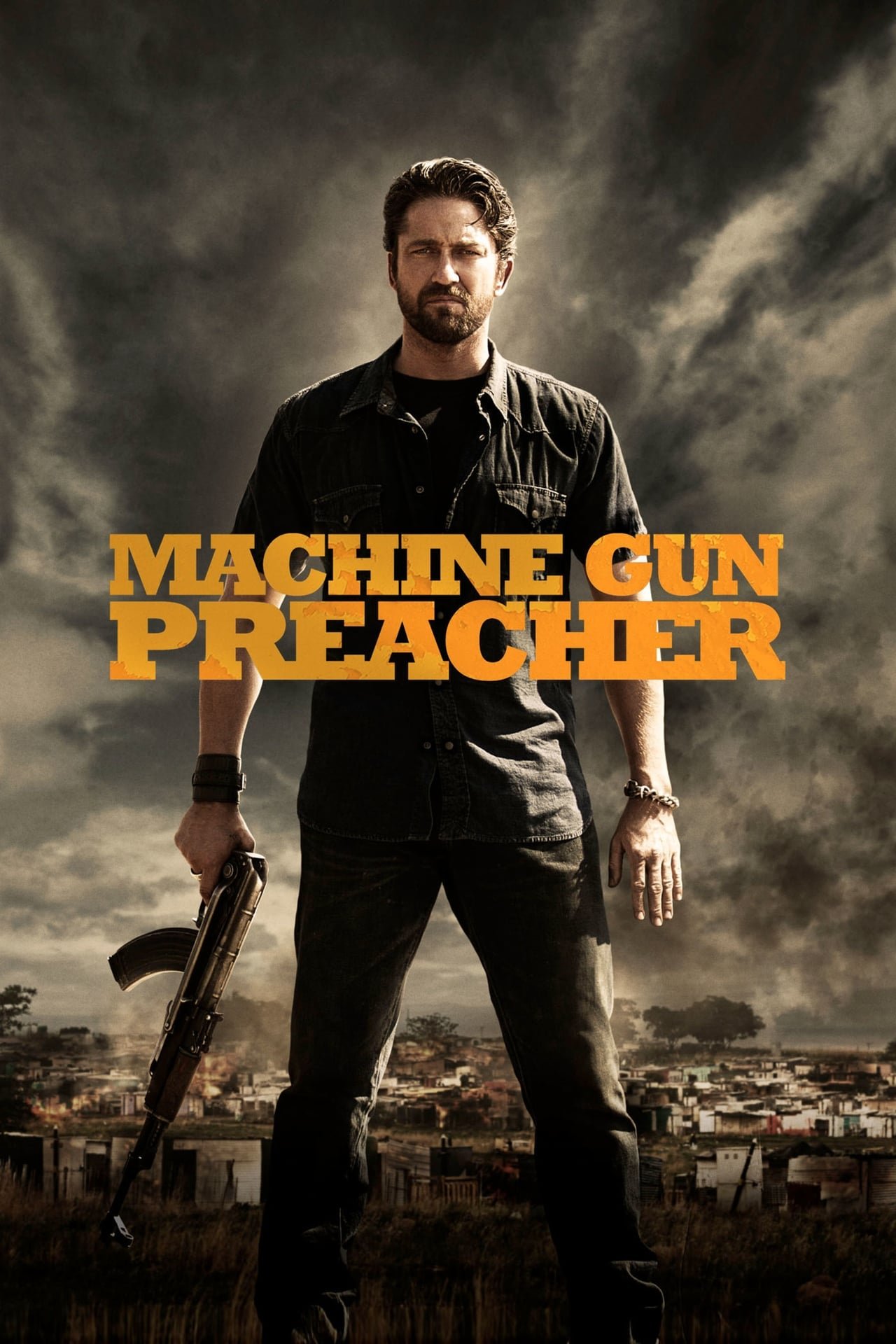
Machine Gun Preacher (2011) is a biographical drama directed by Marc Forster, featuring Gerard Butler in a powerful performance as Sam Childers, a former drug-dealing biker turned savior for hundreds of Sudanese children. The film is based on the real-life story of Childers, whose journey from a life of violence and crime to becoming a humanitarian in war-torn Africa is both harrowing and inspiring.
Gerard Butler stars as Sam Childers, a man whose life is spiraling out of control due to his involvement in drugs and crime. After a near-death experience and a spiritual awakening, Childers finds religion and turns his life around. Motivated by his newfound faith, he travels to Sudan, where he witnesses the atrocities committed by the Lord’s Resistance Army (LRA), a brutal militia known for abducting children and forcing them to become soldiers.
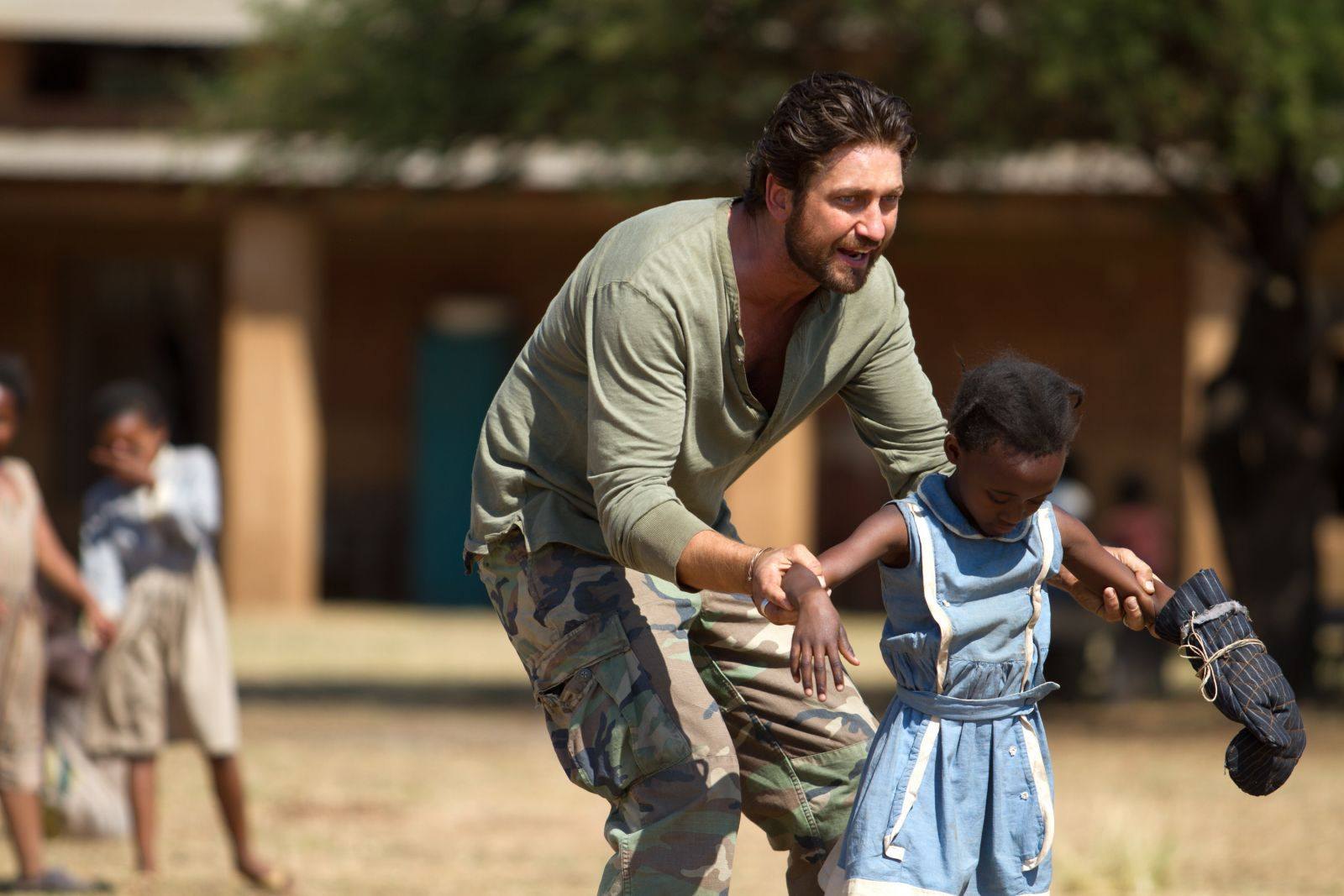
Moved by the suffering he sees, Childers decides to take action, building an orphanage in the heart of the conflict zone to provide shelter and protection for the children affected by the war. However, his mission doesn’t stop there. Childers takes up arms to defend the orphanage and actively rescues children from the clutches of the LRA, earning him the nickname “Machine Gun Preacher.”
Gerard Butler delivers a raw and intense performance, capturing Childers’ complex transformation from a man of violence to one driven by a deep sense of purpose. The film portrays Childers as a flawed but determined figure, whose aggressive methods and moral ambiguity raise questions about the line between vigilantism and heroism.
The film also stars Michelle Monaghan as Lynn, Sam’s supportive wife, who stands by him through his transformation and the challenges that come with his dangerous mission. Michael Shannon plays Donnie, Sam’s friend from his troubled past, providing a contrast to Sam’s journey toward redemption.
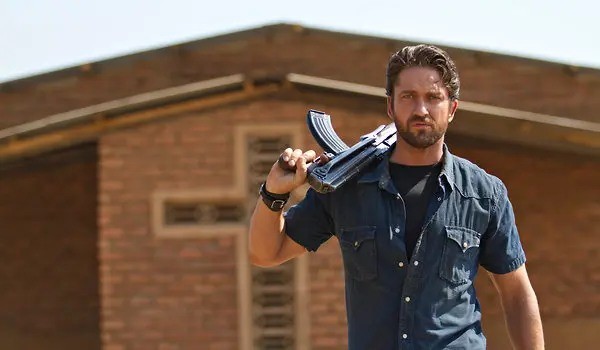
Marc Forster’s direction brings a gritty realism to the film, with unflinching depictions of the violence and horrors of the Sudanese civil war. The film’s cinematography, by Roberto Schaefer, effectively captures the stark contrast between the tranquil American heartland and the chaotic, war-ravaged landscapes of Sudan.
Machine Gun Preacher doesn’t shy away from the moral complexities of its subject. It explores the personal toll that Childers’ mission takes on his family and himself, as well as the ethical dilemmas posed by his willingness to use violence to achieve his goals. The film delves into the tension between Childers’ deep faith and the brutal methods he employs, leaving viewers to grapple with the question of whether the ends justify the means.
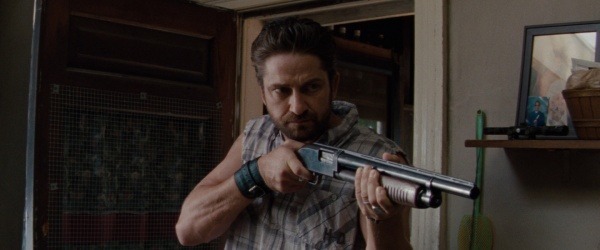
The soundtrack, featuring a mix of rock and gospel music, adds emotional depth to the film, highlighting the duality of Childers’ character—a man caught between his violent past and his redemptive mission.
While Machine Gun Preacher received mixed reviews, with some critics praising Butler’s performance and the film’s raw intensity, others criticized it for oversimplifying complex issues and for its uneven tone. Despite this, the film has resonated with audiences who appreciate its depiction of a man’s determination to make a difference in a world fraught with injustice.
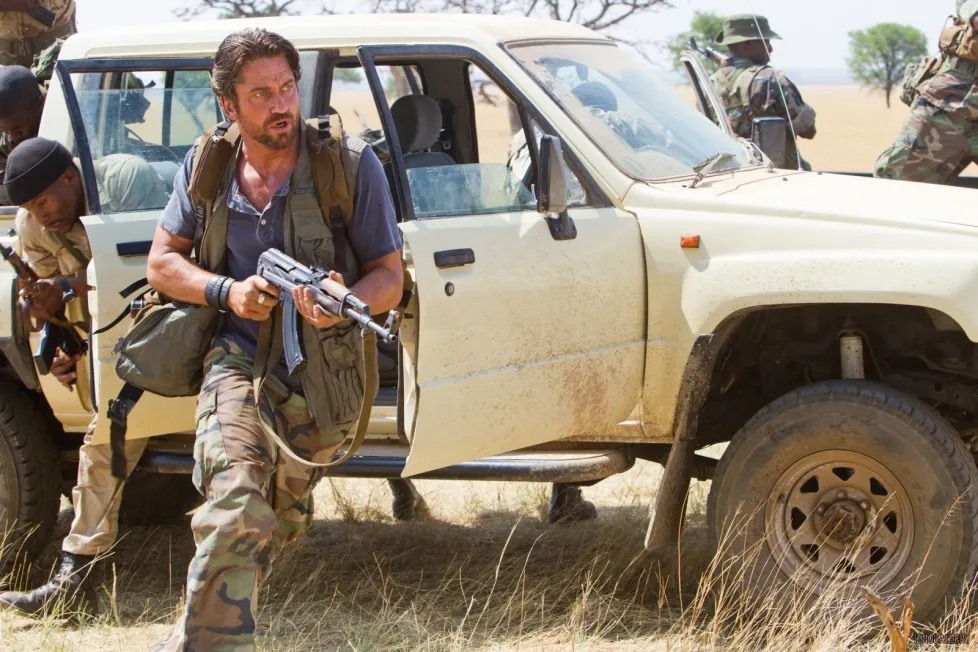
In the end, Machine Gun Preacher is a compelling and provocative film that challenges viewers to consider the complexities of faith, redemption, and the lengths one might go to in the name of doing what they believe is right. It’s a story of one man’s extraordinary journey to find purpose and make an impact in a world of unimaginable suffering, raising difficult questions about morality, sacrifice, and the cost of heroism.












